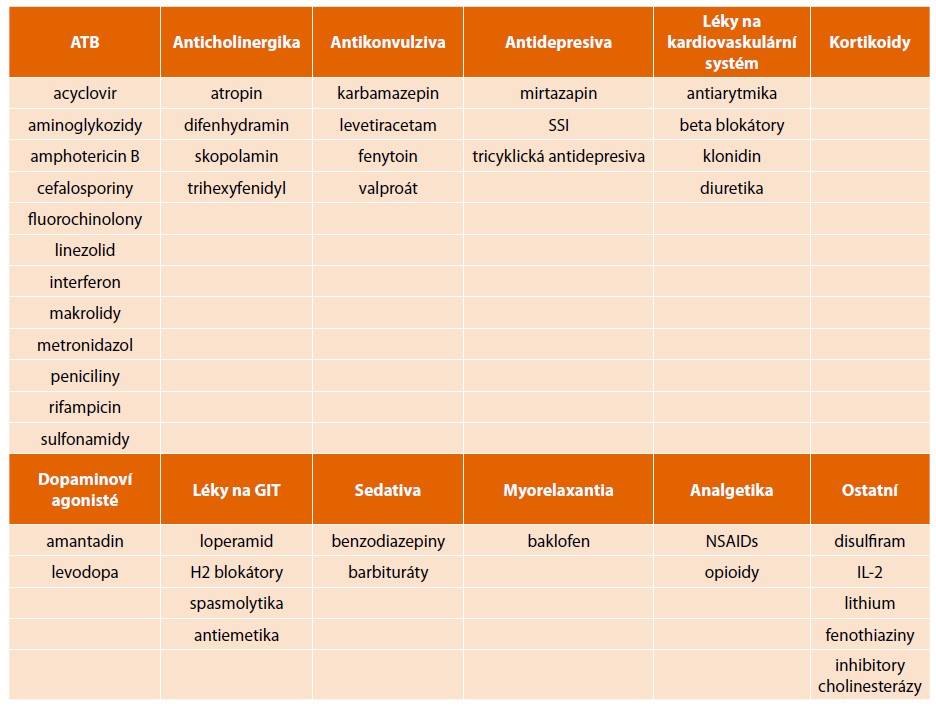Abstract
Postoperative delirium is a serious complication occurring mainly in patients over 65 years. This complication is common in the above mentioned age group and has been described in up to 50% of patients. Postoperative delirium has a significant impact both on postoperative morbidity and mortality. Systematic and early detection of at-risk patients is essential to reduce the risk of postoperative delirium. Targeted efforts are then developed in thus identified patients to reduce the risk factors for developing delirium. An individualized approach to anesthesia is adopted during the surgery. Procedures that contribute to reducing the risk of developing delirium are preferred in the postoperative period. If this complication does occur, it is primarily preferred to manage any potential cause of the condition using non-pharmacological procedures. Pharmacological intervention should be reserved only for patients with a hyperactive form of delirium. The aim of the article was to shed more light on measures that help to prevent the delirium and on the therapeutic procedures used.

